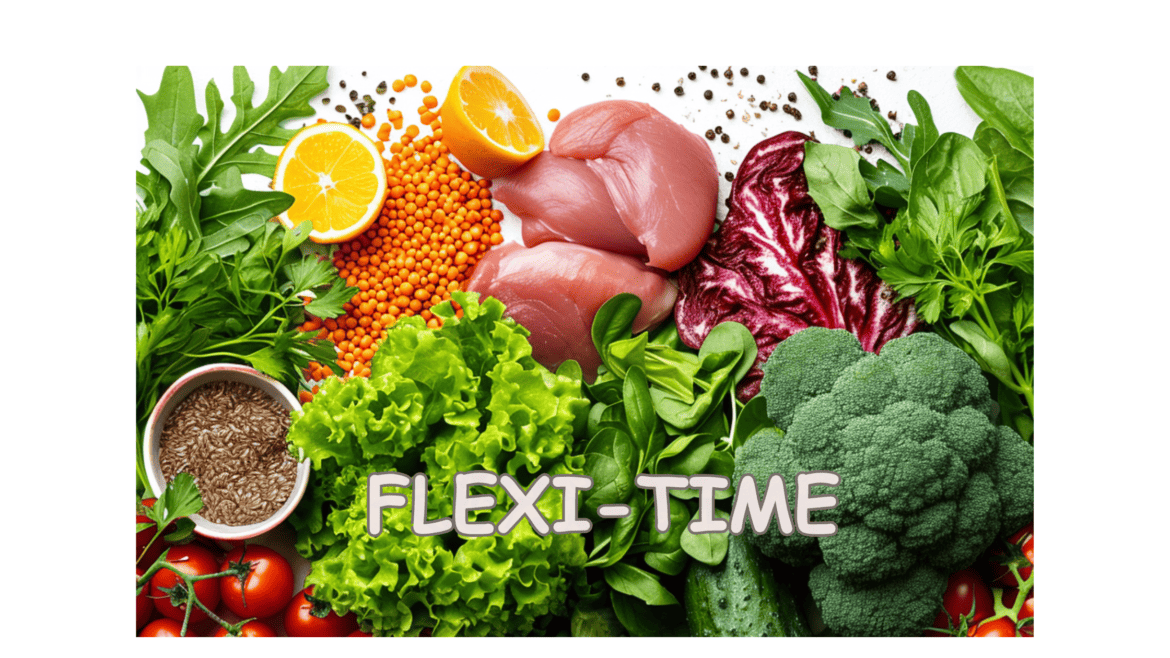My blogging started in 2011 as a journey of my fat loss journey, and it’s true to say that it’s a journey that I’ve never really completed (hence my howmanymiles moniker) but lately, my food choices haven’t simply been focused on how they will impact on my health, but also on their impact on the planet. Programmes like “You Are What You Eat” on Netflix are very effective at making us look inwards and at our plates, but do they inspire or make us feel guilty (or even angry, when you see the conditions farmed animals can be subjected to) enough to change our ways?
Eco-Anxiety and Our Plates
You might be reading this and my other blogs on sustainability and agree that change is required. You might share concerns about the plight of the planet and the future we will leave for our kids and grandchildren, and you might want to help. But then, you look at decisions to open up new oil and gas fields, at the emissions from other countries, and at the state of our oceans filling increasingly with plastic and other waste, and ask what is the point? How does whatever you do make a difference? Why does the food on your plate make a difference?
Every meat-heavy meal has a carbon footprint, contributing to greenhouse gases and deforestation. As much as 31% of anthropogenic greenhouse gases are generated by the food we eat. According to a Stanford University model if we phased out animal based agriculture it would lead to a 68% reduction in carbon dioxide emissions and provide 52% of the net emission reductions necessary to limit global warming to 2 degrees (1.5 looks a lost cause) Celsuis above pre industrial levels.
Now, you might be thinking that 2 degrees warmer might actually make a UK summer more pleasant, but models are concerned that exceeding these 2 degrees could cause rising sea levels, more extreme weather (Storm Isha abyone) and damage to ecosystems across the globe. More desertification, crop failures, mass immigration, and civil disruption.
While systematic change is needed, as individuals, we can take steps to help. Collectively, we have power. Whether that is at the ballot box or via our shopping baskets we can make decisions that can shape our future.
Adopting a plant based diet is one change we can make, and I hear your groans. Read on. I might have an idea that isn’t hard to swallow.
Vegan Woes
Most of us will be aware of Veganuary and some of us might have even tried it. Fewer still will have used it as a springboard into a vegan lifestyle. Like marathon runners, we will know our vegan friends because they’ve told us. Have I ever mentioned I ran a marathon?
There are many great reasons to adopt a vegan diet, but let’s be honest, completely cutting out meat can feel like a Herculean task for many of us. My head and my heart tells me that eating meat is wrong. Wrong for the planet, and as I age, wrong for my longevity (now enraged all the lunatic carnivore diet disciples) and in a cost of living crisis, wrong for my wallet.
But, and it’s a big butt, j’adore un sandwich au fromage et jambon (I am also learning French via Duolingo).
I’m also partial to chicken, fish, prawns and the occasional steak. And don’t start me on eggs and milk. You might at this point be asking “where is he going with this”?
Where I am going is into the world of the Flexitarian Diet. It’s the culinary equivalent of a hybrid car – you get the best of both worlds. Less meat, more plants, but with the occasional (or not so occasional) animal product thrown in to satisfy your carnivorous desires. It’s perfect for those of us who want to make a change but find the idea of going full vegan as daunting as a marathon (or another one) and it can arguably make a bigger impact as more of us are likely to adopt a flexible diet as opposed to a fully vegan one.
Health Benefits: Not Just a Side Dish
Flexitarianism isn’t just good for Mother Earth; it’s a boost for our bodies too. This diet is like a health potion, brimming with the goodness of fruits, vegetables, and whole grains. It’s associated with a lower risk of heart disease, diabetes, and even certain cancers. Plus, let’s not forget the potential for weight loss and improved digestion associated with increased (to normal) levels of fibre..
Your Wallet Will Thank You
Think eating healthily is expensive? Think again. The flexitarian way can be kinder to your wallet. Plant-based foods like beans, lentils, and seasonal veggies often cost less than their meaty counterparts. It’s about being smart with your shopping and getting creative in the kitchen.
It also helps to use the Fork Ranger seasonal calendar. I met the founders Frank and Mareike on Linkedin and was so impressed by their work that I’ll be working with them on a workplace campaign to inspire my colleagues across the UK to try a flexitarian diet (possibly not the flexi-time they were expecting) and hopefully again later this year. Their calendar, recipe book, and Fork Ranger app are all excellent and ideal for even the most hardened meat eater (and make great gifts).
You can download the app on Apple and Android and, if like me, you’ll be soon checking it every day for recipes and daily tips.
Flexitarian Life Hacks: Making It Work
Here’s the practical bit. Start with simple swaps. Love burgers? Try a lentil patty or even a chicken burger. Yes, even by swapping from beef to chicken or pork, we effectively reduce our emissions by 21%. Adore curries? Go for chickpeas or lentils instead of chicken. Plan your meals, maybe start with Meatless Mondays, and gradually increase your plant-based days. Remember, it’s a marathon, not a sprint.
Recipes to Kickstart Your Flexitarian Diet
Now, for the fun part – recipes! How about a spicy bean chili or a lentil and tomato curryf? The internet is a treasure trove of flexitarian recipes that are as tasty as they are nutritious, but I want to make it as easy as possible for you. Download the free Fork ranger app and access the daily recipes and learn more about the flexitarian movement and how your choices can make a difference..
A Flexitarian Diet is Sustainable
So, there you have it – the Flexitarian Diet in all its glory. It’s flexible, balanced, and sustainable. It’s not about perfection; it’s about making better choices, one meal at a time and helping you to maintain the positive changes you’ve made. Whether you’re doing it for health, environmental reasons, or just to try something new, remember, you are making a difference. Every small step counts. Especially when we takes these steps together.
And with my start-up, One Sky Collective, every small step will be rewarded. It’s still in development, and I hope to share news soon.
In the meantime, who will jh join me in adoptingf a flexitarian diet and who will be the first to tag me on Twitter (still can’t call it X) or Instragram with their first flexitarian dish using the Fork Ranger’ App?
“All infographics are from the free Fork Ranger app. Download the app to discover more about sustainable food and collect easy recipes. Learn more about Fork Ranger here.”
* This is NOT a sponsored post. I just love what Fork Ranger are doing and I do follow a flexitarian diet.












